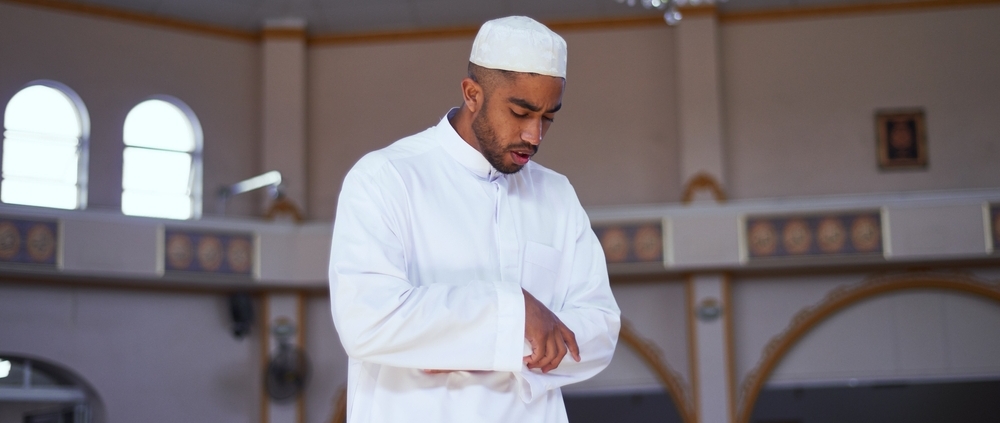How Should I Intend Make-Up Prayers?
Shafi'i Fiqh
Answered by Shaykh Irshaad Sedick
Question
I have heard different rulings on what intentions you have to make for makeup prayers and would appreciate some clarification. What intention do you have to make when making up a missed prayer, and what intention do you have to make for each prayer when you have multiple makeup prayers?
Do you have to specify the date, the number of prayers, etc., or make the intention to pray a makeup ‘Asr, for example, even if you have many missed prayers?
If you arrive home (from travels) to pray two prayers combined but fall asleep and miss praying them, what intention do you make for each prayer?
Answer
In the Name of Allah, the Most Merciful and Compassionate.
May Allah alleviate our difficulties and guide us to what pleases Him. Amin.
Conditions of the Intention
If the intention is for obligatory prayer, one must intend to perform it and that it is obligatory and know which one it is, such as the noon, Mid-afternoon, or Friday prayer. The intention must coincide with one’s first Allahu Akbar, obligatorily existing in one’s mind and recommended to be uttered with the tongue (before the first Allahu Akbar). One intends it from the first phrase, “Allahu Akbar,” to the last of it. [Nawawi, al-Majmu‘]
What Does Not Need to be Specified?
It is not obligatory to specify the number of rak‘at, whether the prayer is for Allah Most High, or whether it is a current performance or a makeup prayer, though specifying these is recommended. [ibid.]
Some scholars hold that the mere determination to perform a particular prayer beforehand is sufficient. For example, such an intention could be expressed by walking to the mosque after hearing the call to the noon prayer. [Ibid.]
Intentions for Non-Obligatory Prayers
Suppose the intention is for a non-obligatory prayer that has a particular time. In that case, one must intend which one it is, such as for ‘Eid, the eclipse prayer, assuming the state of pilgrim sanctity (ihram), the sunna prayers before and after the noon prayer, and so forth. [Ibid.]
Suppose it is for a non-obligatory prayer that is wholly supererogatory, unconnected with a particular time. In that case, one may merely intend to perform prayer.
I pray this is of benefit and that Allah guides us all.
[Shaykh] Irshaad Sedick
Checked and Approved by Shaykh Faraz Rabbani
Shaykh Irshaad Sedick was raised in South Africa in a traditional Muslim family. He graduated from Dar al-Ulum al-Arabiyyah al-Islamiyyah in Strand, Western Cape, under the guidance of the late world-renowned scholar Shaykh Taha Karaan.
Shaykh Irshaad received Ijaza from many luminaries of the Islamic world, including Shaykh Taha Karaan, Mawlana Yusuf Karaan, and Mawlana Abdul Hafeez Makki, among others.
He is the author of the text “The Musnad of Ahmad ibn Hanbal: A Hujjah or not?” He has served as the Director of the Discover Islam Centre and Al Jeem Foundation. For the last five years till present, he has served as the Khatib of Masjid Ar-Rashideen, Mowbray, Cape Town.
Shaykh Irshaad has thirteen years of teaching experience at some of the leading Islamic institutes in Cape Town). He is currently building an Islamic online learning and media platform called ‘Isnad Academy’ and has completed his Master’s degree in the study of Islam at the University of Johannesburg. He has a keen interest in healthy living and fitness.
